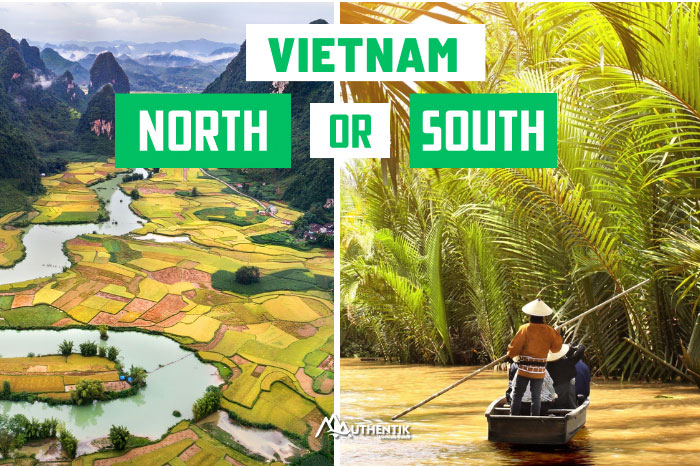
Comparison between the North and the South of Vietnam to prepare your trip
- on May 24, 2024 By: Ngoc Nguyen
North and South Vietnam are the two large regions of a long country that offer travelers very different facets. What are the differences between these two regions? Visiting the North or the South of Vietnam? We will help you prepare for your future trip to Vietnam!
What are the differences in climate?
If you are planning a trip to Vietnam, it is important to know the country's climate well to protect yourself from certain climatic disappointments.
For the South of Vietnam, it's quite simple because there are only two main distinct seasons: the dry season from December to April and the wet season which runs from the end of April to the end of November. During the dry season, temperatures oscillate between 25°C and 30°C and rain is rare, while during the wet season, temperatures are higher and rains are more frequent, often heavy but brief.
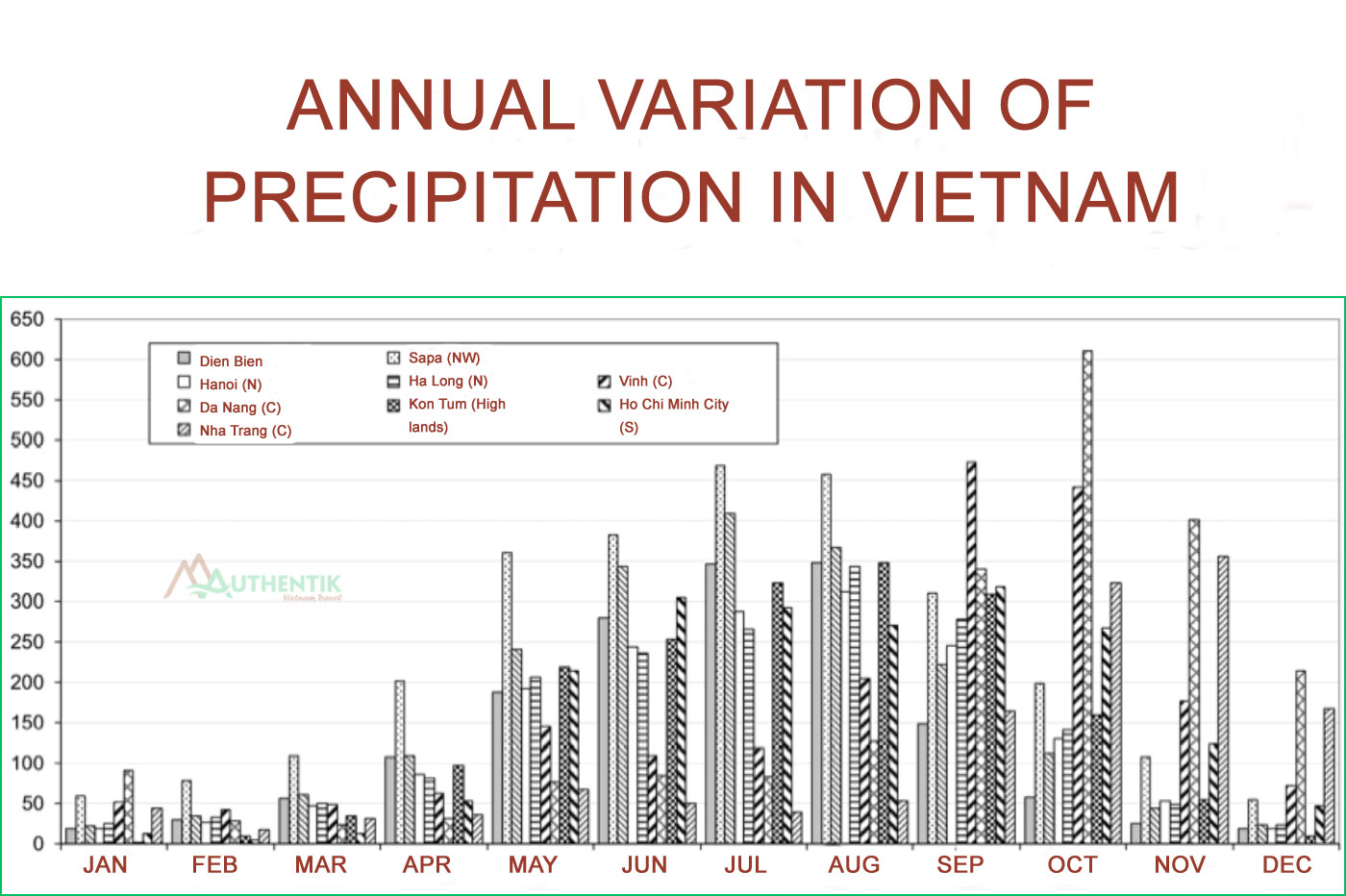
Northern Vietnam is distinguished by 4 distinct seasons: spring (March-May), a hot and sometimes rainy summer (June to the end of September), a very pleasant autumn (October-December), and a particularly harsh winter in the mountainous areas (December to early March).
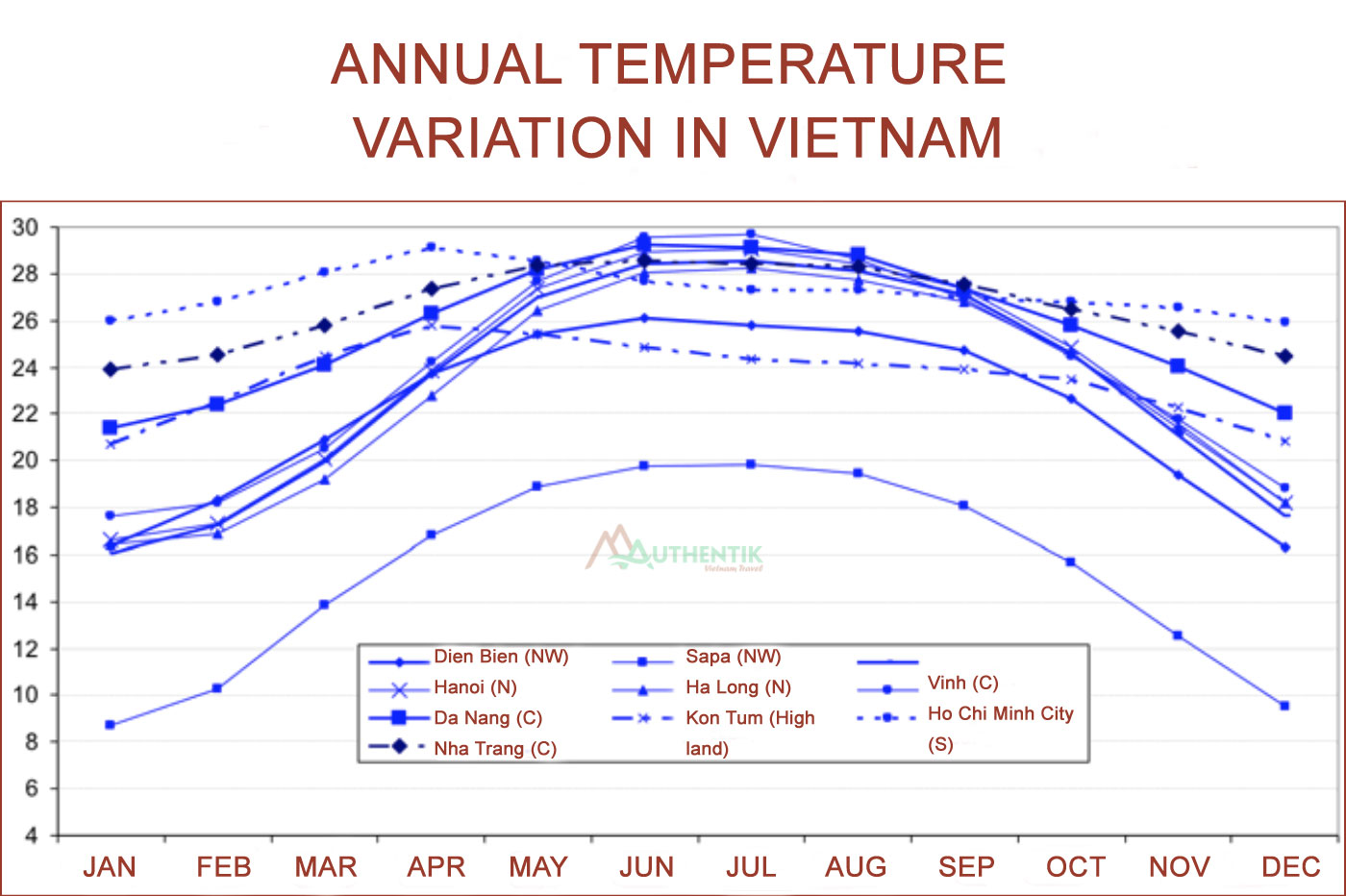
The North wins the prize for the most breathtaking landscapes
There is no denying that the North of Vietnam is home to the most breathtaking landscaped sites in the country, two of which are listed as UNESCO natural heritage sites. There is the unmissable Halong Bay, the largest marine karst in the world, and its little sister on land, the Trang An landscape complex. The latter consists of a spectacular landscape of karst peaks crisscrossed by rice valleys and rivers. Undeniably, what makes Northern Vietnam so beautiful is its rugged mountainous terrain, most of which is covered with rice terraces like in Sapa, Mu Cang Chai, or Hoang Su Phi.

The provinces of Ha Giang and Cao Bang are home to breathtaking landscapes. The first is renowned for its Dong Van limestone plateau geological park, officially recognized as a member of the global network of UNESCO geological parks. Cao Bang is a province of astonishing beauty with its tangle of limestone peaks, and a grandiose setting that was the scene of bloody battles during the Indochina War.
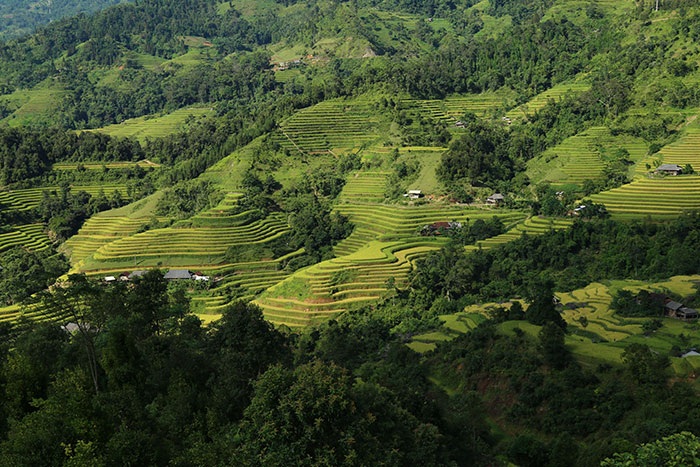
The South of Vietnam offers its visitors languorous, lazy, and luxuriant landscapes such as the Mekong Delta which resembles a nonchalant Eden. Coconut trees grow in forests there and nourish crafts that are as rich as they are varied. If the North of Vietnam is particularly suitable for hiking, the South of Vietnam is appreciated for its numerous possibilities for bike and boat rides such as in the magnificent Tra Su Cajuput Forest.
The South wins the prize for seaside destinations
Do not consider a trip to the North of Vietnam to enjoy seaside pleasures. Apart from a few rare beaches in Halong Bay, passable at certain times, the North of Vietnam does not have any pleasant seaside resorts. On the other hand, the South of Vietnam is home to some of the most beautiful seaside destinations in the country. The pearl of all is the Con Dao archipelago, a confetti of 16 islands classified as a terrestrial and marine national park of wild beauty. There is also the seaside resort of Mui Ne popular with kitesurfers and known for its superb white and red dunes. Let us also mention Phu Quoc Island, located in the Gulf of Thailand, popular for its immaculate beaches and its beautiful hotel offerings.
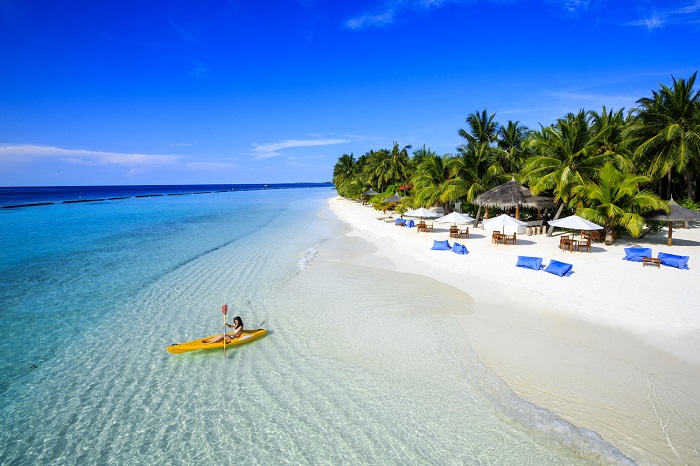
Hanoi/Saigon, who wins the match?
Hanoi, the capital of Vietnam, seduces travelers because it has skillfully combined modernity and traditions. She is also one of its national guardians. You just need to go to the old quarter of Hanoi known as the 36 Corporations to see it. Here, street life is truly bustling. Artisans of all kinds, itinerant street vendors carrying yokes, small street restaurants, lively markets, bicycles, and scooters pound the pavement and the sidewalk in joyful organized chaos. Hanoi is home to one of the most beautiful colonial architectural heritages in all of Asia. It is a pleasure to stroll through the streets, alleys, and shaded boulevards to unearth the vestiges of the French presence. In autumn, the Vietnamese capital is adorned with light and the flowering trees emit exhilarating scents. We do not shy away from the pleasure of posing as a poet at the edge of one of its many lakes.
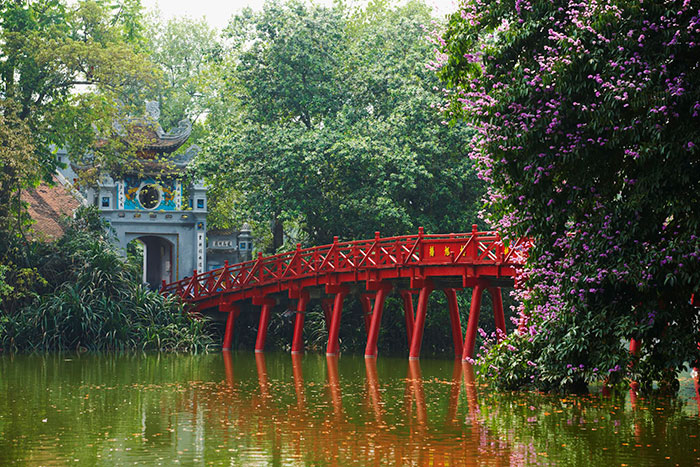
Saigon, the capital of Southern Vietnam, displays its complexity and modernity with its sparkling glass and steel skyscrapers which dominate the economic capital of the country. Exuberant Saigon contrasts with conservative Hanoi. To another extent, the megacity of Southern Vietnam also offers an astonishing cocktail of modernity and authenticity. Rooftops, trendy bars, and upscale restaurants rub shoulders with boui-boui, pagodas, and old colonial residences.
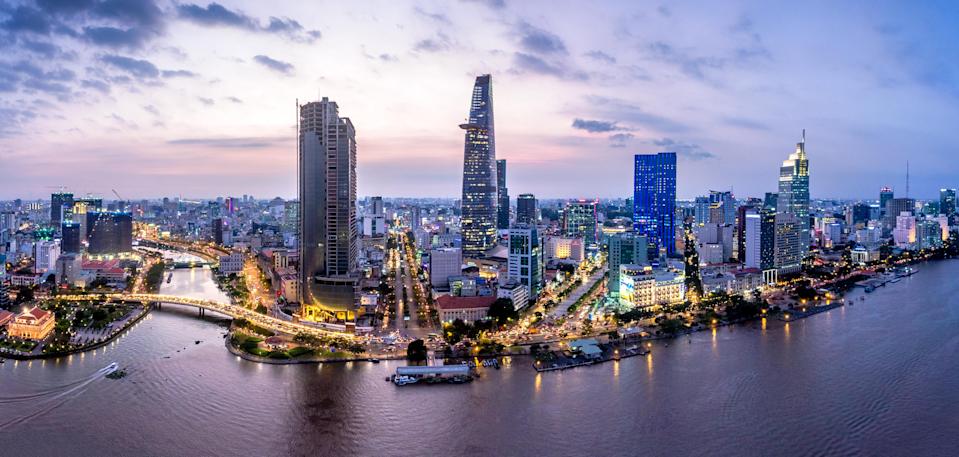
In terms of cuisine, perhaps it’s an advantage for Hanoi. Cradle of Vietnamese gastronomy, the cuisine of Hanoi is richer and varied than that of Saigon. Northern cuisine is more vegetable-based than that of the South, giving pride of place to aromatic herbs and vegetables. Southern cuisine tends to have a sweet and sour taste due to the influence of Chinese, Cambodian, and Thai cuisine, and is characterized by the frequent addition of sugar and use of coconut milk. Either way, in Hanoi or Saigon you will be surprised by their respective amazing street food!
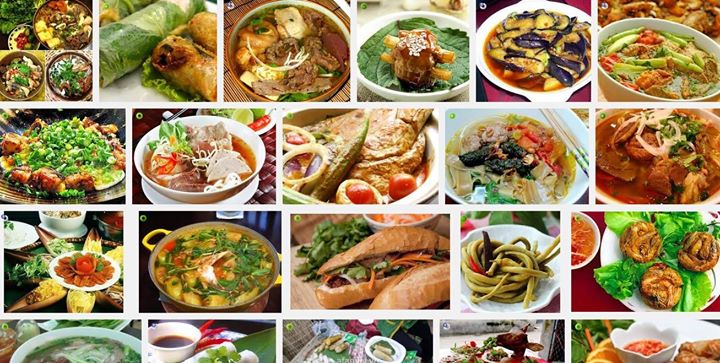
Northern Vietnam, the cradle of Vietnamese civilization
Northern Vietnam and more particularly the Red River basin is the cradle of Vietnamese civilization. As such, Northern Vietnam offers travelers a tourist experience rich in culture and history. It is in the North of Vietnam that you can discover the oldest temples and pagodas, discover the seats of ancient feudal powers like Hanoi or Hoa Lu.
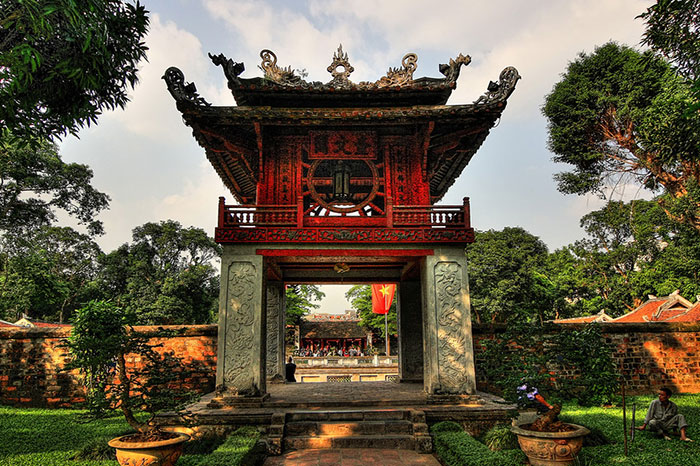
Northern Vietnam is also the cradle of Vietnamese Catholicism, this region is the territory of most of the 54 ethnic minorities which form the beautiful human mosaic of the country and it is also home to the quintessence of centuries-old Vietnamese crafts.
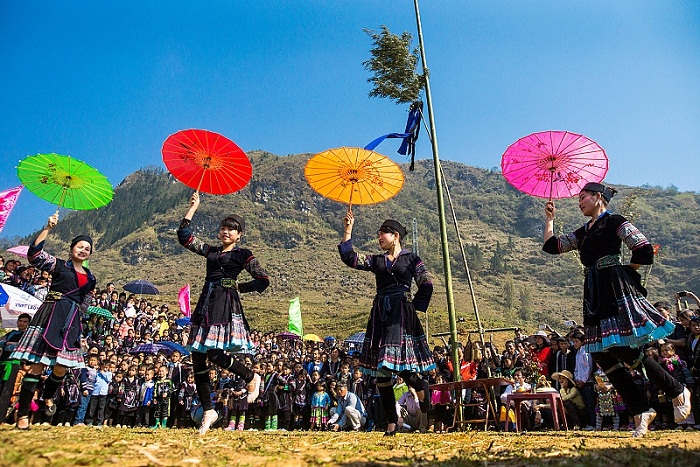
Hanoi is over 1000 years old while Saigon is barely 350 years old. But culturally, the South of Vietnam is not left out. Conquered from the first half of the 17th century by the Northern Viets, the South of Vietnam is also home to an interesting ethnic diversity. Chinese, Khmers, and Cham populate the South of Vietnam and have shaped an astonishing cultural mosaic.
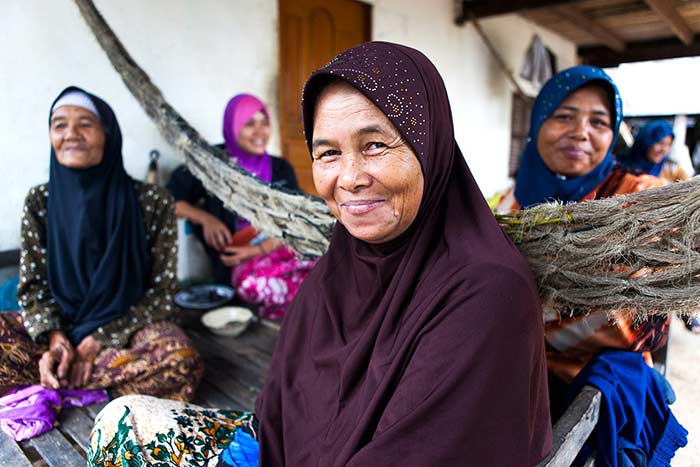
Southern Vietnam is also the territory of numerous sects, the best known of which are the Hoa Hao and the Caodaists. The latter have scattered incredible, very colorful temples throughout the South of Vietnam, such as that of Tay Ninh, the seat of Caodaism.
>> Read more: Cao Dai Temple, Holy See of Caodaism in Tay Ninh
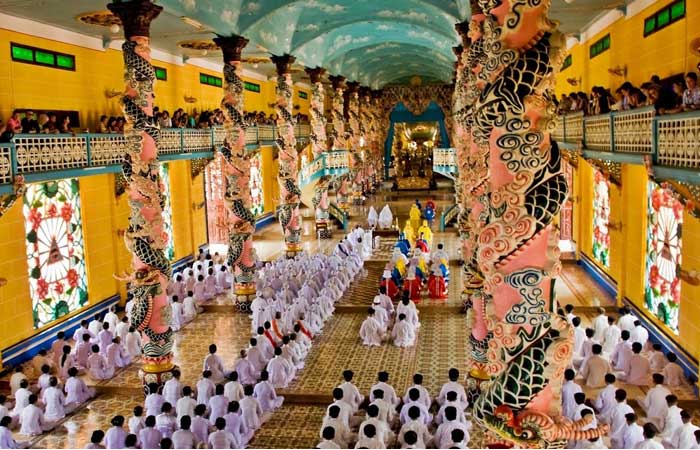
If you would like more information or advice to prepare for your trip to Vietnam, do not hesitate to send us a specific request by clicking HERE or write to us at: sales@authentiktravel.com
Related articles:
>> Top 10 tips and tricks for a successful trip to Cambodia
>> Best things to do in Vietnam
>> Tour 3 weeks in Vietnam, an exciting tour of the Dragon
>> Vietnam tour 15 days: What to do? What itinerary ideas do you have?
>> Tour 1 week in Vietnam: Good deals for a 7-day tour in Vietnam
>> Tour in Vietnam in one month: 3 options to absolutely enjoy!
>> Preparations for the traditional Tet, the Vietnamese New Year
>> Tour to the Mekong Delta: itinerary ideas in 1,2,3,4,5,6 days to know
 Español
Español Français
Français






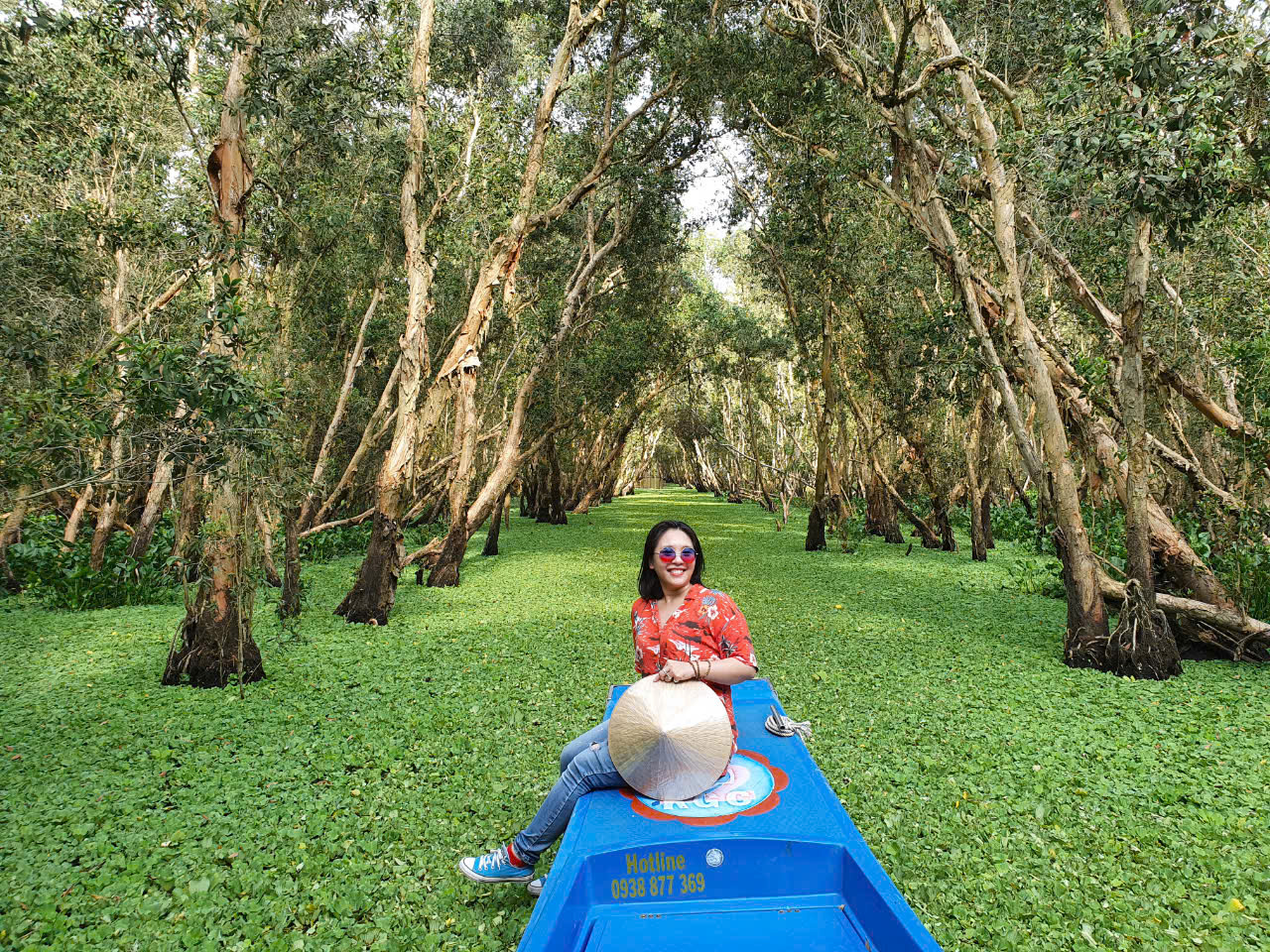


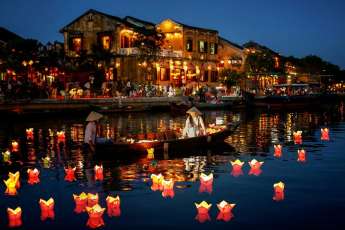
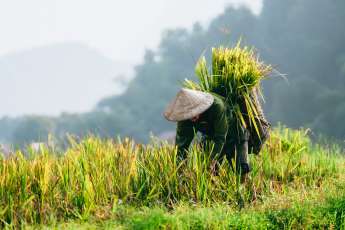









Morgane Ter Cock
on Dec 18, 2025HerbertPhomaMS
on Oct 19, 2025Lilyan Cuttler
on Oct 15, 2025Avenue17XC
on Sep 14, 2025Avenue18JL
on Jul 21, 2025